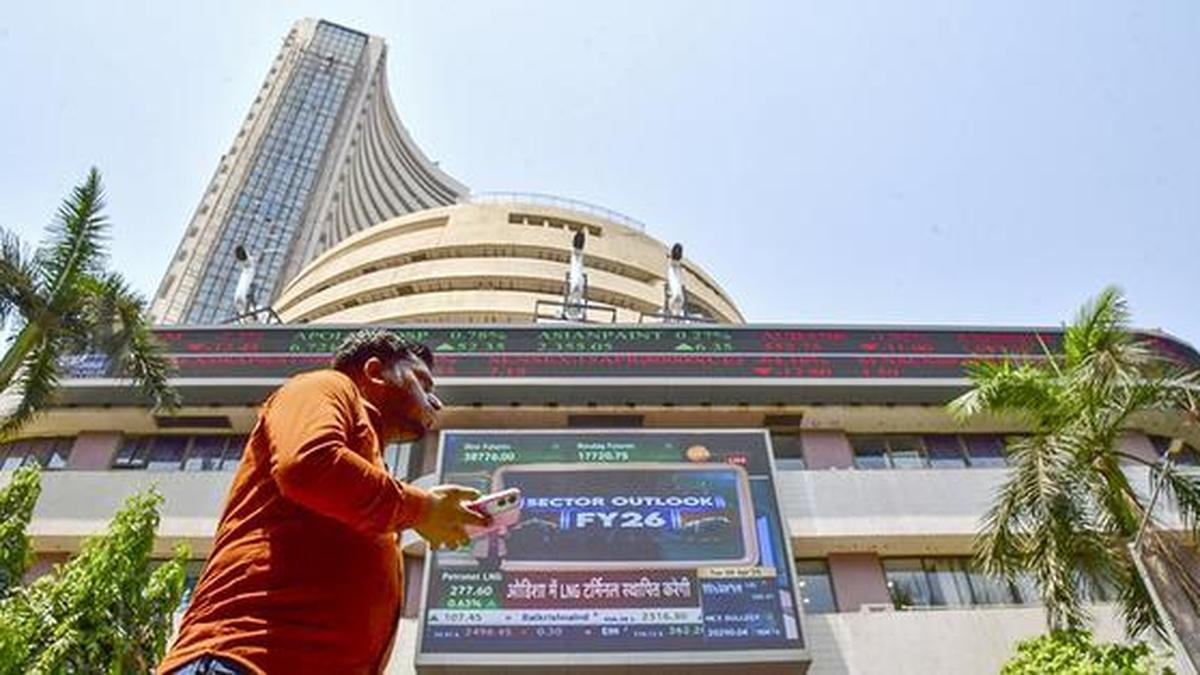- February 14, 2024
Hundreds of flights to be cancelled till March! Will Mumbai airport flight restrictions lead to rising airfares? – Times of India

Mumbai Airport flight operations update: The Ministry of Civil Aviation has said that it was forced to intervene to compel Mumbai Airport to reduce flight operations due to excessive slot allocations, causing congestion and extended waiting times for aircraft, sometimes up to 60 minutes.
Airport slots denote specific time periods allotted for aircraft takeoffs or landings. According to the ministry, the airport operator failed to implement measures to regulate air traffic movements effectively, according to an ET report.
Acknowledging the need to balance the interests of both airport operators and airlines while ensuring a satisfactory flying experience for passengers, the Ministry of Civil Aviation explained its intervention.
This government’s reaction follows criticism from passengers who expressed concerns about potential fare increases on affected routes.
Also Read | Why Mumbai Airport has been asked to reduce flights and how it will impact IndiGo, Air India group flights
In response to the directive issued by the Airports Authority of India (AAI) instructing Mumbai Airport to alleviate runway congestion, airlines are gearing up to cancel hundreds of flights until March 30. Around 40 flights are expected to be cut from the middle of this week, as reported by ET on Tuesday.
The extension of the curfew on business jet operations at the airport, from four hours to eight hours, has sparked protests from major corporate entities such as Reliance, JSW, and the Mahindra group.
Mumbai Airport, known for its heavy air traffic despite having a single runway, recorded its highest monthly traffic in December, handling 4.88 million passengers.
Akasa Air, in response to the flight operation restrictions, announced the cancellation of two daily flights until the end of the following month.
Also Read | Explained: What is Vande Bharat standard of trains to which 40,000 Indian Railways coaches will be upgraded?
An airline spokesperson noted that flight operations to and from Mumbai are likely to be affected due to guidelines aimed at reducing runway congestion at Chhatrapati Shivaji International Airport. Consequently, two flights will be canceled from February 15 to March 30, 2024. Affected passengers are offered the choice to either rebook their tickets or receive a full refund. Those opting for rebooking can reschedule their flights until April 15, 2024.
SpiceJet announced its compliance with the government directive without specifying the number of flights affected.
The decision to reduce flights follows concerns raised by Civil Aviation Minister Jyotiraditya Scindia regarding declining on-time departures at the airport.
According to the Ministry, an analysis by the Airport Authority of India revealed that aircraft movements during peak hours accounted for nearly the same traffic volume as the remaining 18 hours combined. Furthermore, business jets and military aircraft operations were permitted without restrictions during these peak periods.
Congestion-related delays lead to increased fuel consumption, consequently raising operational costs. The ministry emphasized that these increased costs are eventually passed on to consumers and impact airport efficiency, resulting in longer wait times and delays affecting both passengers and airlines.
Airport slots denote specific time periods allotted for aircraft takeoffs or landings. According to the ministry, the airport operator failed to implement measures to regulate air traffic movements effectively, according to an ET report.
Acknowledging the need to balance the interests of both airport operators and airlines while ensuring a satisfactory flying experience for passengers, the Ministry of Civil Aviation explained its intervention.
This government’s reaction follows criticism from passengers who expressed concerns about potential fare increases on affected routes.
Also Read | Why Mumbai Airport has been asked to reduce flights and how it will impact IndiGo, Air India group flights
In response to the directive issued by the Airports Authority of India (AAI) instructing Mumbai Airport to alleviate runway congestion, airlines are gearing up to cancel hundreds of flights until March 30. Around 40 flights are expected to be cut from the middle of this week, as reported by ET on Tuesday.
The extension of the curfew on business jet operations at the airport, from four hours to eight hours, has sparked protests from major corporate entities such as Reliance, JSW, and the Mahindra group.
Mumbai Airport, known for its heavy air traffic despite having a single runway, recorded its highest monthly traffic in December, handling 4.88 million passengers.
Akasa Air, in response to the flight operation restrictions, announced the cancellation of two daily flights until the end of the following month.
Also Read | Explained: What is Vande Bharat standard of trains to which 40,000 Indian Railways coaches will be upgraded?
An airline spokesperson noted that flight operations to and from Mumbai are likely to be affected due to guidelines aimed at reducing runway congestion at Chhatrapati Shivaji International Airport. Consequently, two flights will be canceled from February 15 to March 30, 2024. Affected passengers are offered the choice to either rebook their tickets or receive a full refund. Those opting for rebooking can reschedule their flights until April 15, 2024.
SpiceJet announced its compliance with the government directive without specifying the number of flights affected.
The decision to reduce flights follows concerns raised by Civil Aviation Minister Jyotiraditya Scindia regarding declining on-time departures at the airport.
According to the Ministry, an analysis by the Airport Authority of India revealed that aircraft movements during peak hours accounted for nearly the same traffic volume as the remaining 18 hours combined. Furthermore, business jets and military aircraft operations were permitted without restrictions during these peak periods.
Congestion-related delays lead to increased fuel consumption, consequently raising operational costs. The ministry emphasized that these increased costs are eventually passed on to consumers and impact airport efficiency, resulting in longer wait times and delays affecting both passengers and airlines.







